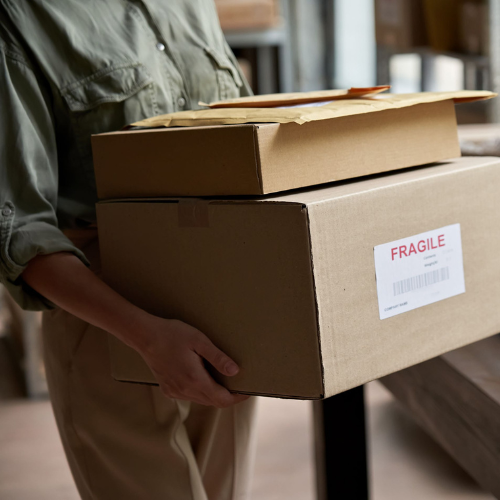The John Lewis Partnership has announced a loss of £517m before tax for its financial year (compared to a profit before tax of £146m in the previous year). The retailer highlights ‘substantial exceptional costs’ that reflect the write down in values of John Lewis stores (due to consumers’ massive shift online), restructuring and redundancies.
The retailer has confirmed that it will not reopen all of its stores after lockdown, and is currently in discussions with landlords, with final decisions expected by the end of March.
“We are going through the greatest scale of change in the Partnership’s 156-year history,” states John Lewis chairman Sharon White. Johnlewis.com has grown significantly in the financial year, up 73%, equating to three quarters of the brand’s sales, from 40% before the crisis. Sharon emphasises the importance of shops providing “a sensory experience that online cannot, supported by the expert advice of Partners.” However, the retailer has “undertaken substantial research into how shopping habits vary in different parts of the country and between online and stores.

John Lewis’ five-year plan will reshape its store estate to include destination stores alongside smaller format “best of John Lewis” store, plus the likely roll out of John Lewis areas within Waitrose stores. The latter are currently being trialled in Godalming, Horley, Wallingford, Lincoln and Lymington, and “early signs are positive,” states Sharon. If successful, the concept will go into a “significant number” of Waitrose’s 331 shops. In addition, all general merchandise in Waitrose shops will be sourced from John Lewis.
The Partnership is keen to play its part in the revitalisation of the high street, while recognising the need for concerted efforts. “A national effort of business, local and national government, and community will be needed to address the challenges facing the high street, communities and jobless youngsters from the sheer speed at which Covid is altering the structure of the economy,” acknowledges Sharon.
The retailer anticipates “pent up demand” that might be spent shopping or experiences, but also recognises that unemployment and inflation will mean some consumers will be “more hesitant about spending and more cost conscious”.
Top: John Lewis’ flagship Oxford Street store.





















